Transformations in Action
Achieving a sustainable ocean economy in which effective protection, sustainable production and equitable prosperity go hand in hand, requires a profound departure from ‘business-as-usual’ practices and transformations in five critical areas – ocean wealth, ocean health, ocean equity, ocean knowledge and ocean finance.
Ocean Panel countries have already made great strides towards this ambitious shared agenda, turning ocean commitments into action. The progress so far reflects the different approaches and initiatives advanced by each country on this journey, adapted to their particular country contexts, priorities and needs.
These examples can provide a source of inspiration to governments and other ocean actors around the world and can help facilitate the sharing of knowledge and joint learning on the transition to a sustainable ocean economy.
Ocean Panel countries will continue to build on this progress and accelerate efforts towards 100% sustainable ocean management.
Ocean Panel countries around the world have been taking action to advance the ocean action agenda according to their local needs, capacities and priorities.
Browse the Ocean Panel’s stories and case studies to experience the breadth of progress being made globally.
Ocean Panel countries around the world have been taking action to advance the ocean action agenda according to their local needs, capacities and priorities.
Browse the Ocean Panel’s stories and case studies to experience the breadth of progress being made globally.
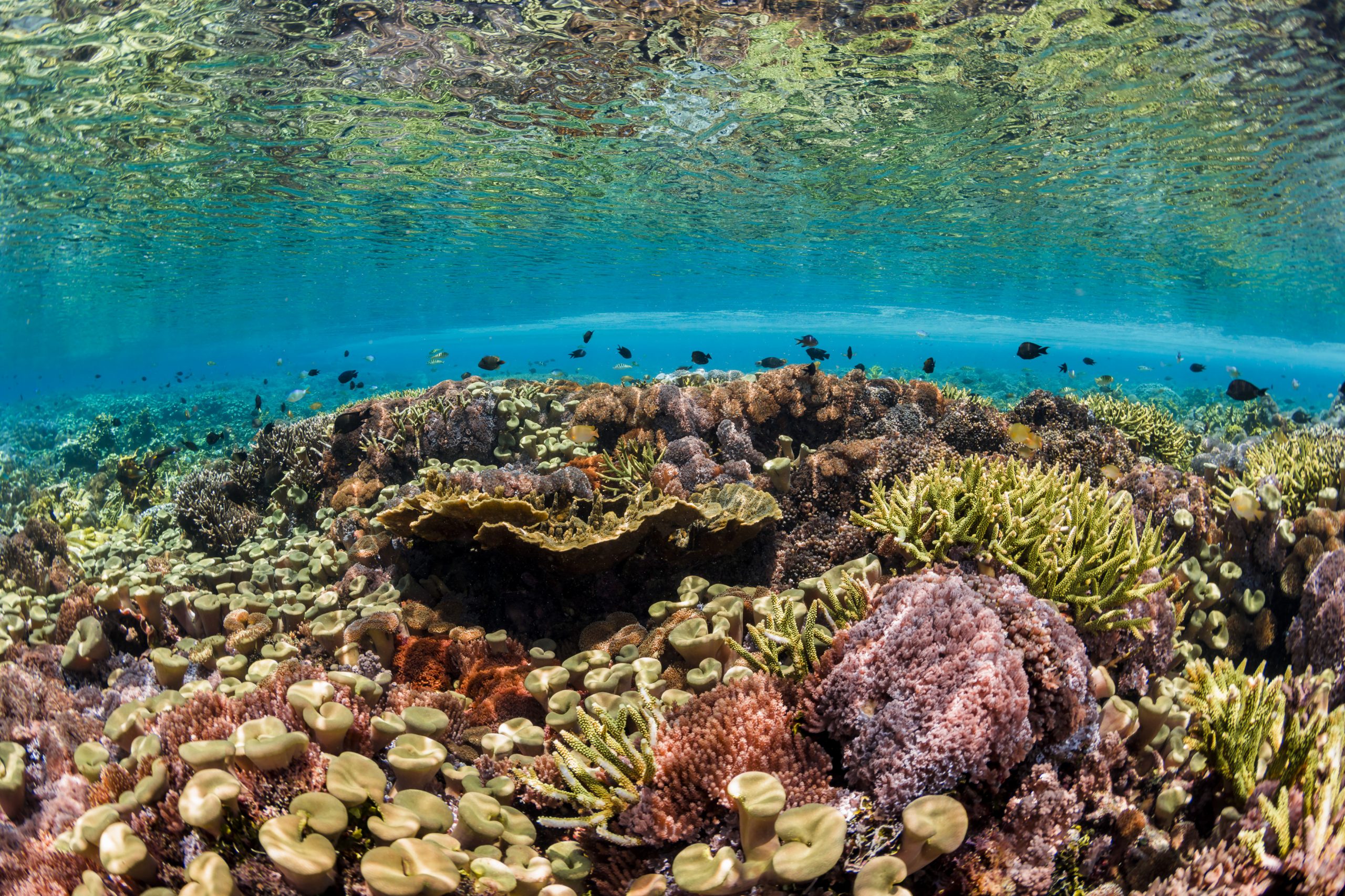
Conservation of Marine Protected Areas
In 2018, Indonesia met its goal of committing to conserving 20 million hectares of marine area, with the aim to expand to 30 million hectares by 2030.
Areas of Transformation
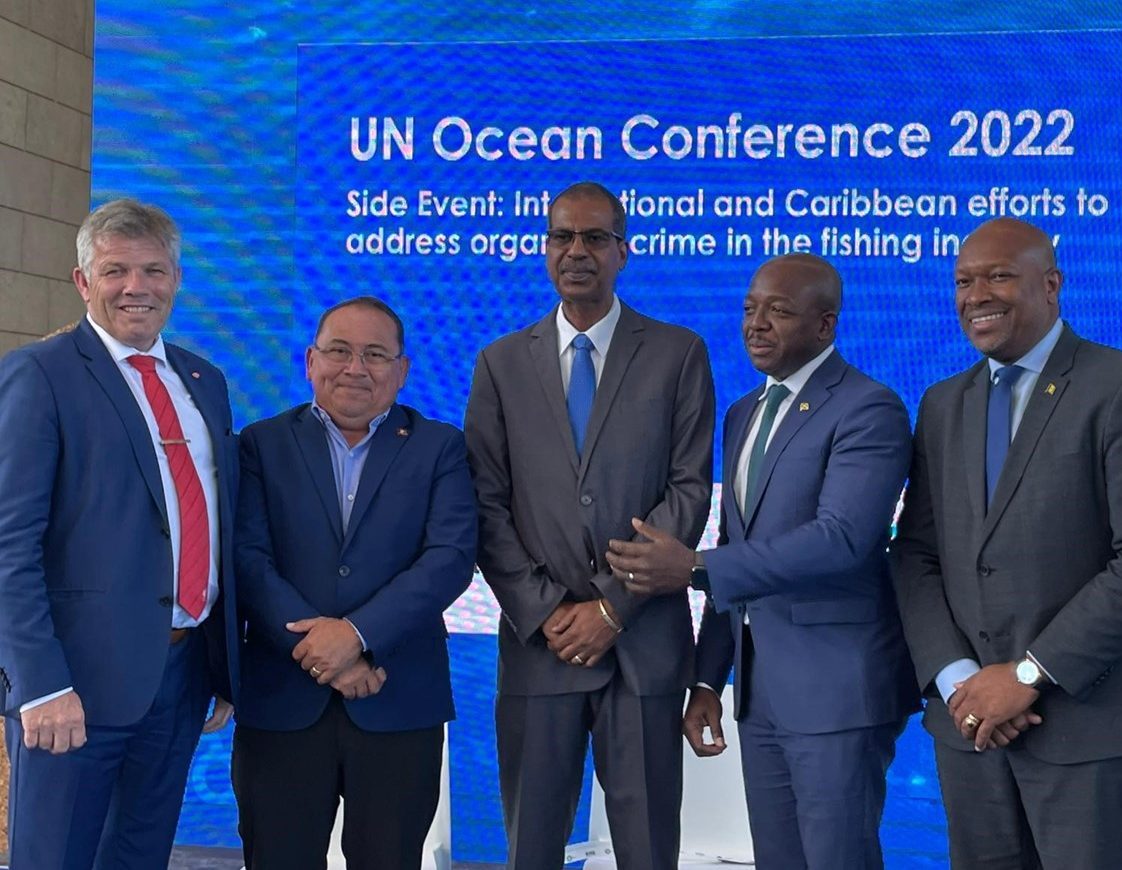
The International Declaration on Transnational Organized Crime in the Global Fishing Industry and the Blue Justice Initiative
This international declaration coupled with the Blue Justice Initiative aims to reduce organised crime in the fisheries sector by developing a common understanding and providing practical assistance.
Areas of Transformation
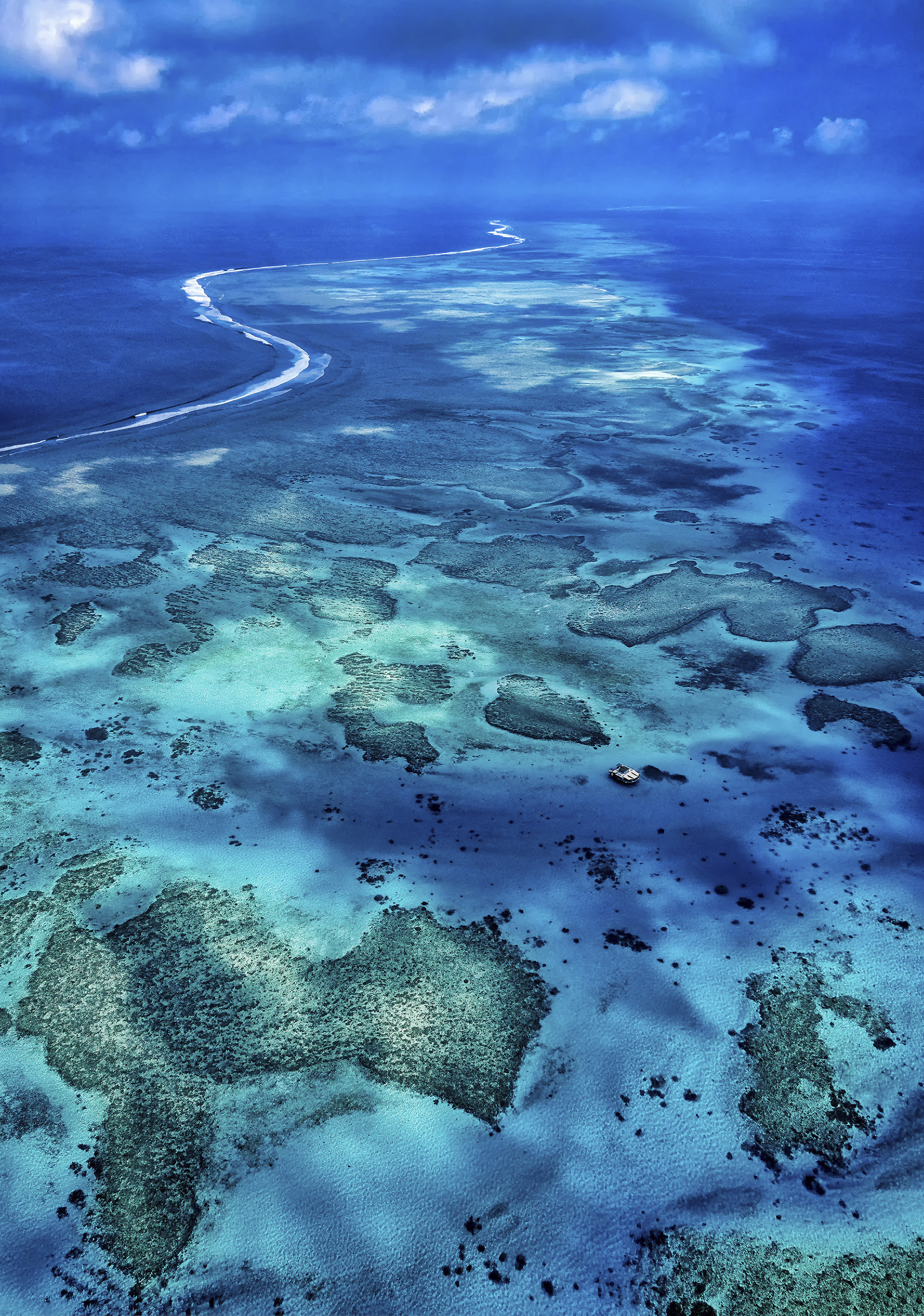
National Ocean Policy
Fiji is tackling the threats posed by unsustainable human activities in the ocean and climate change through a whole of government approach.
Areas of Transformation
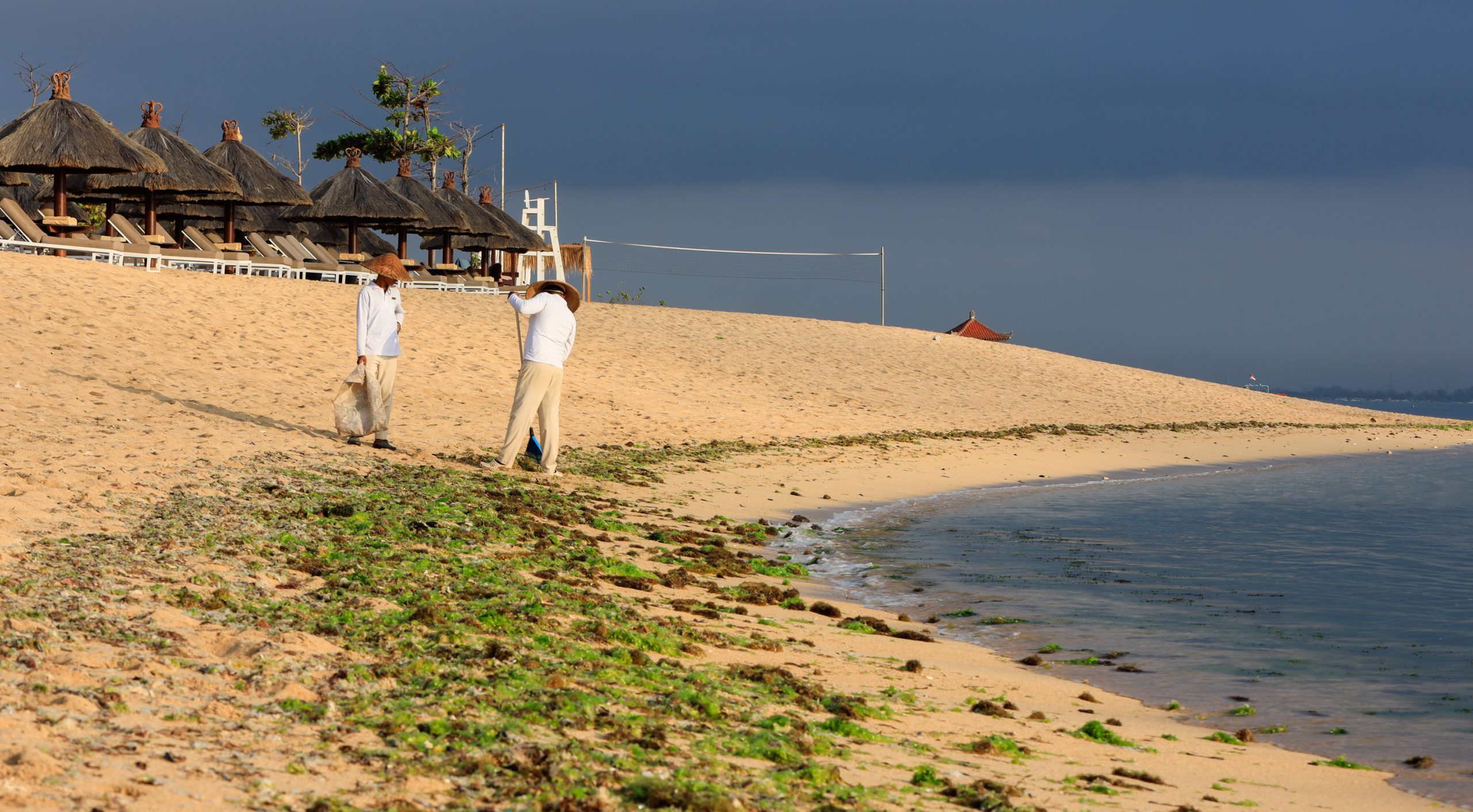
Tackling Single-Use Plastic – The Power of Policy
Indonesia has put the fight against plastic pollution at the top of its national agenda. As a result, marine debris leakage has decreased by 15% with multiple cities having banned single-use plastic.
Areas of Transformation
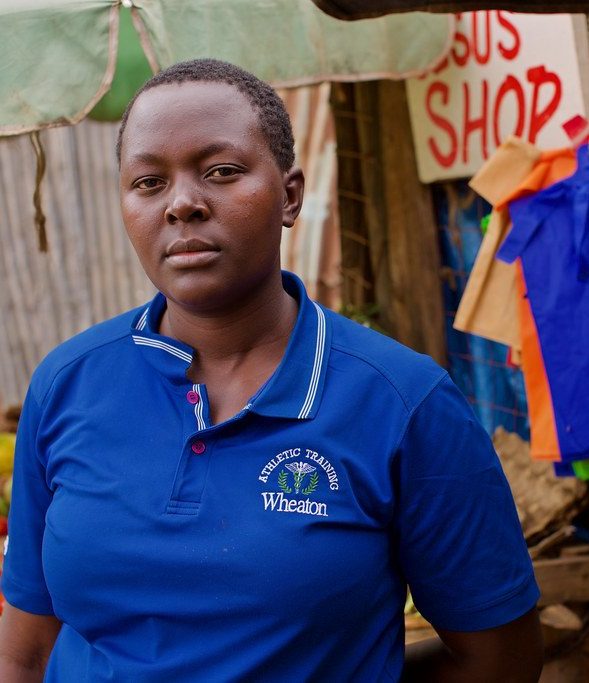
Plastic Interventions
To combat the ever-growing levels of plastic waste in the ocean, Kenya has introduced several bans, restrictions and other forms of intervention on plastic use since 2017.
Areas of Transformation
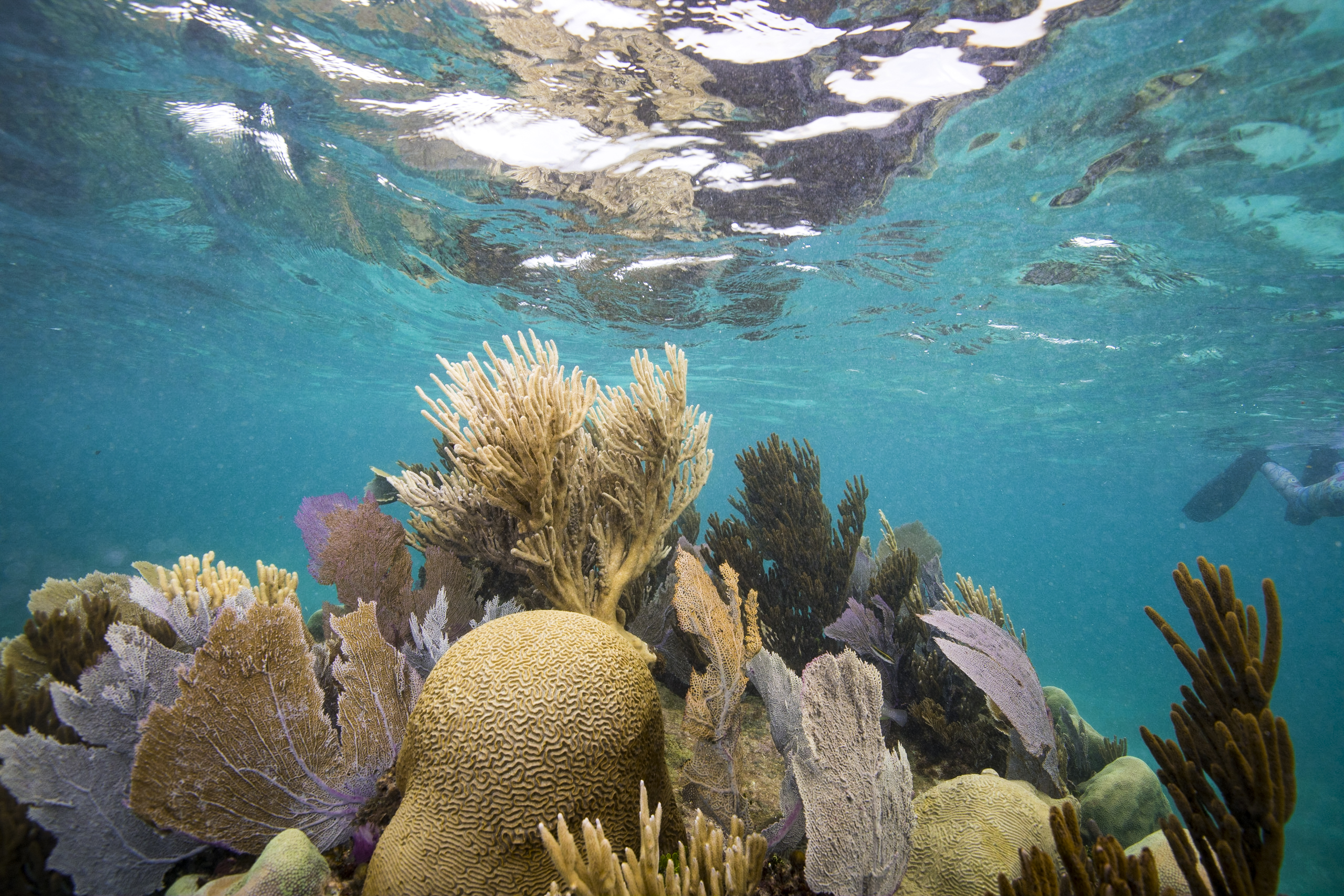
Clean Beaches, Safe Water and Environment Program
PROPLAYAS helps protect the health of users, improves the environmental quality of national beaches and raises the competitiveness and sustainability level of attractive tourism destinations.
Areas of Transformation
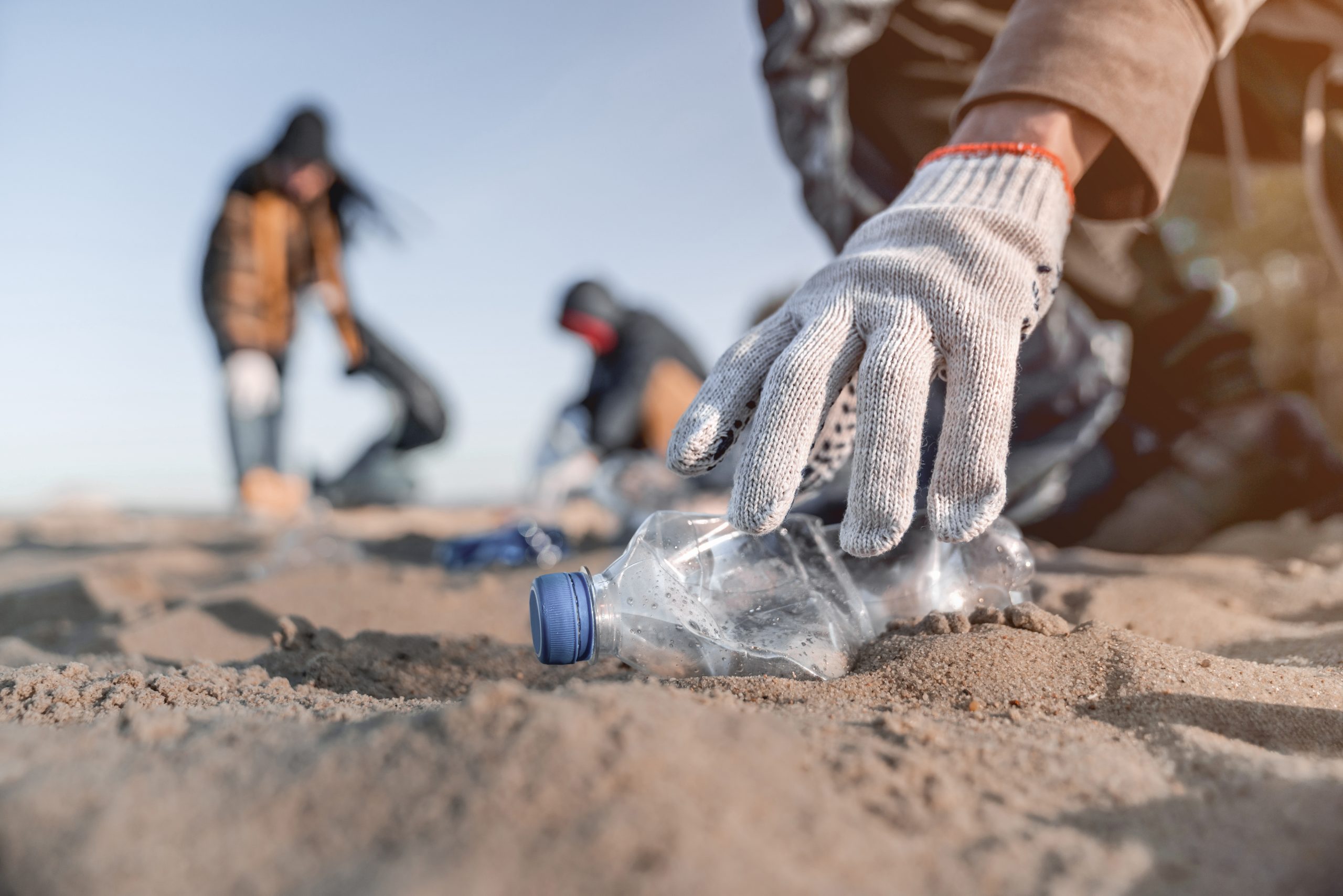
Zero Plastic Reaching the Sea
Plastic enters the ocean through many different pathways and processes. That is why, France aims to reduce plastic pollution at its source.
Areas of Transformation
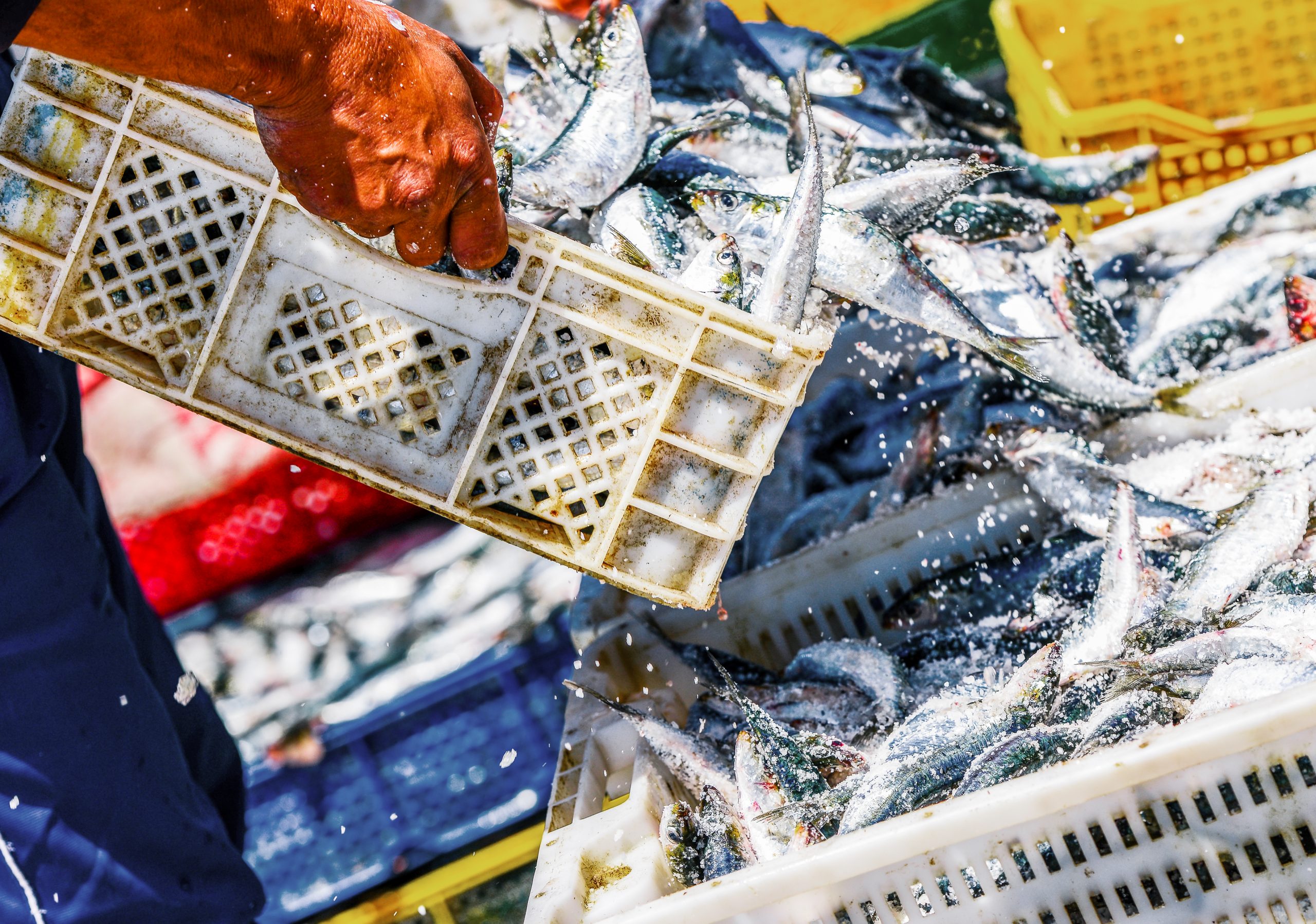
Recovering Overexploited and Depleted Fish Stocks
Through closing its industrial fishing season, Ghana warrants a full recovery of its overexploited and depleted fish stocks, ensuring year-round fishing.
Areas of Transformation
Ocean Accounts
Applying a human-centred design approach to the development of ocean accounts to make them useful for policy and management decision making.
Areas of Transformation
Protect and Restore Marine and Coastal Ecosystems
Approximately 57 hectares of wetland have been secured for restoration in Winns Morass. Planting seedlings has improved the biodiversity and hydrology of the previously bare, desertified area.
Areas of Transformation
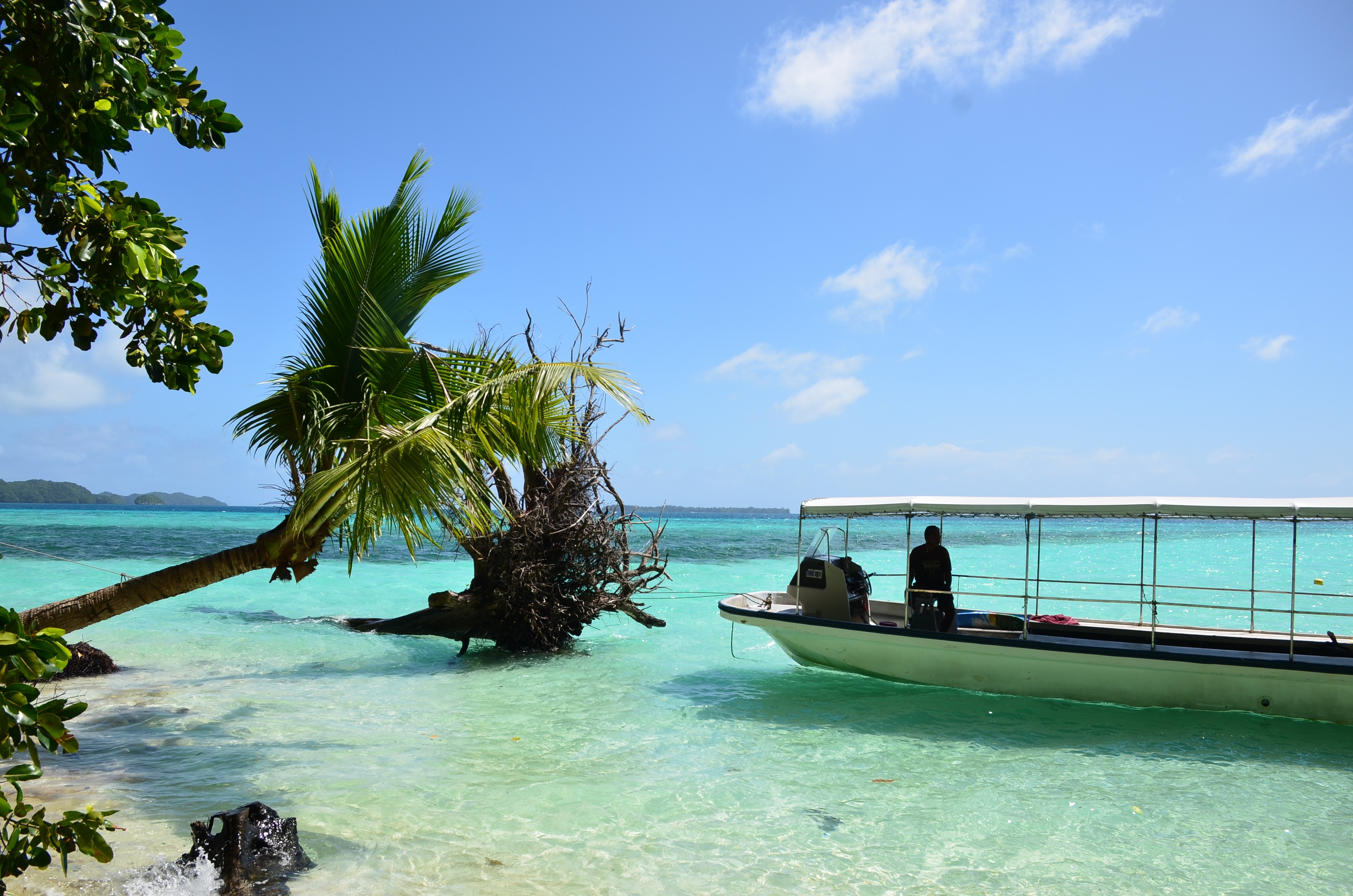
Our Food Is Our Responsibility (Keled A Ngercheled)
As Palau imports 85% of its food, the 2022 Keled A Ngercheled campaign promotes the local production and sourcing of food to help increase national food security, reduce reliance on imports and support local communities.
Areas of Transformation
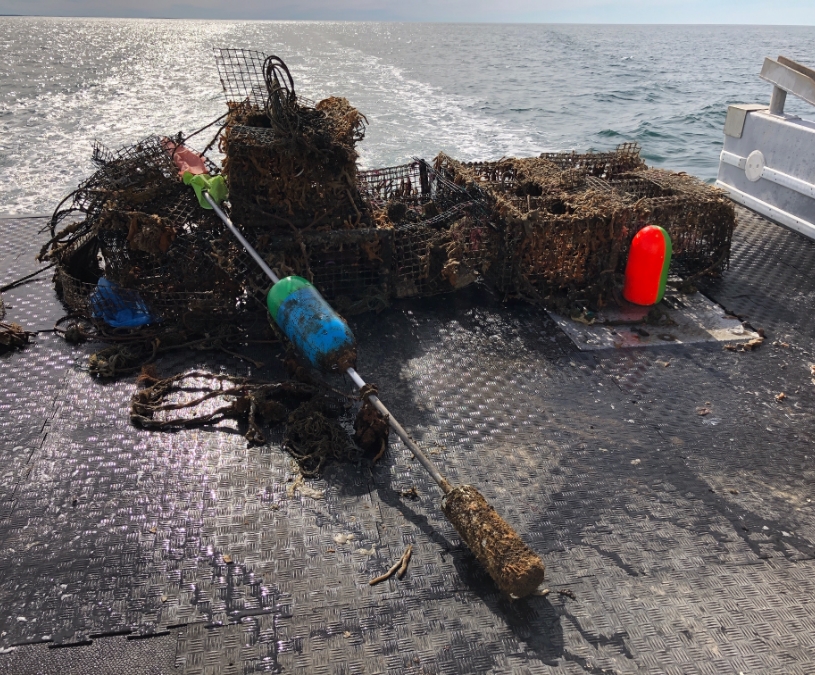
Ghost Gear Program
Canada’s Ghost Gear Program has led to the removal of 1,300 tons of abandoned, lost, or otherwise discarded fishing gear and more than 153 km of rope.
Areas of Transformation
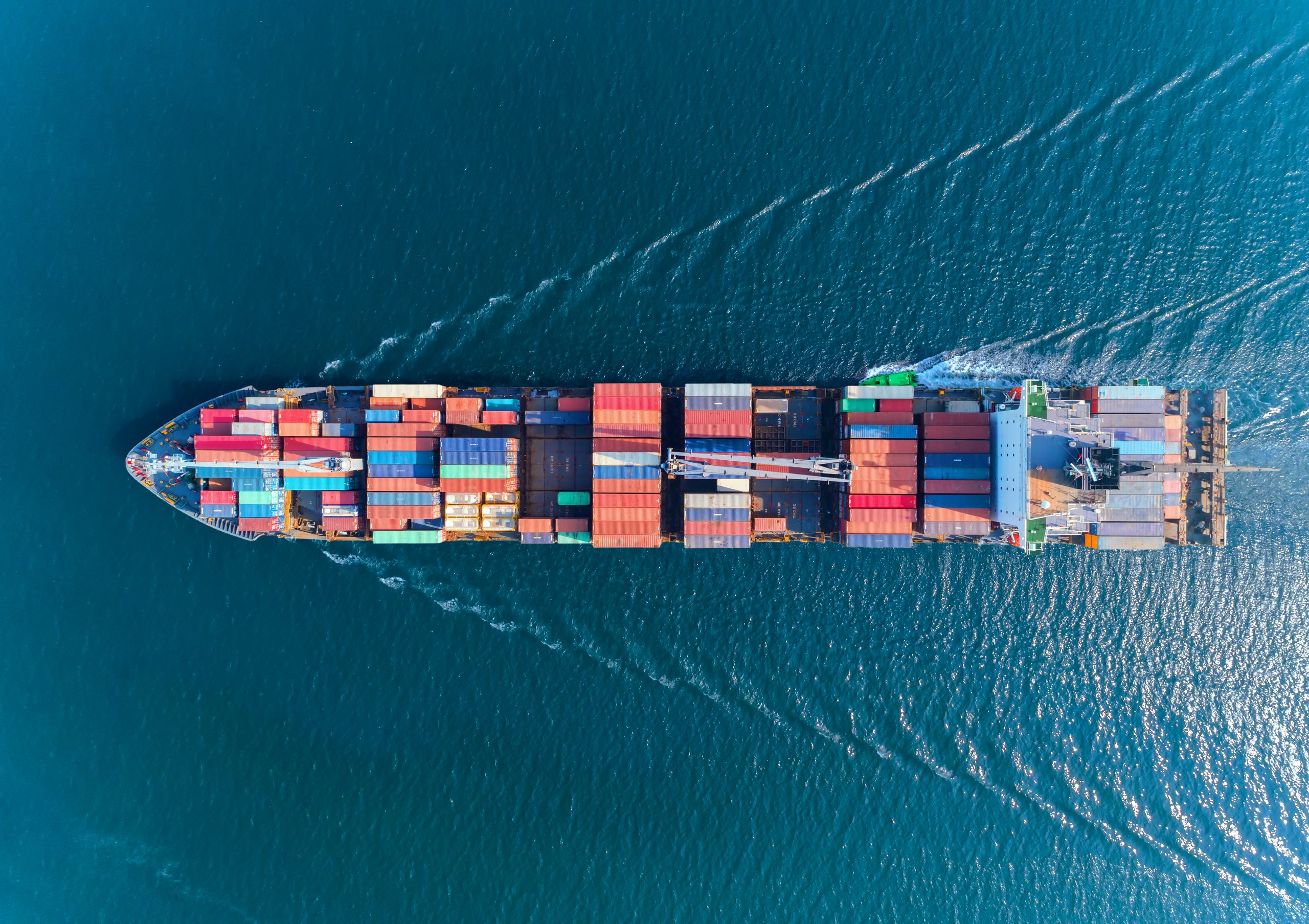
Reduction in Greenhouse Gas Emissions from Ships
Namibia has committed to reducing greenhouse gas emissions from ships by 50% by 2050, through ratifying Annex VI of the International Convention for the Prevention of Pollution from Ships.
Areas of Transformation
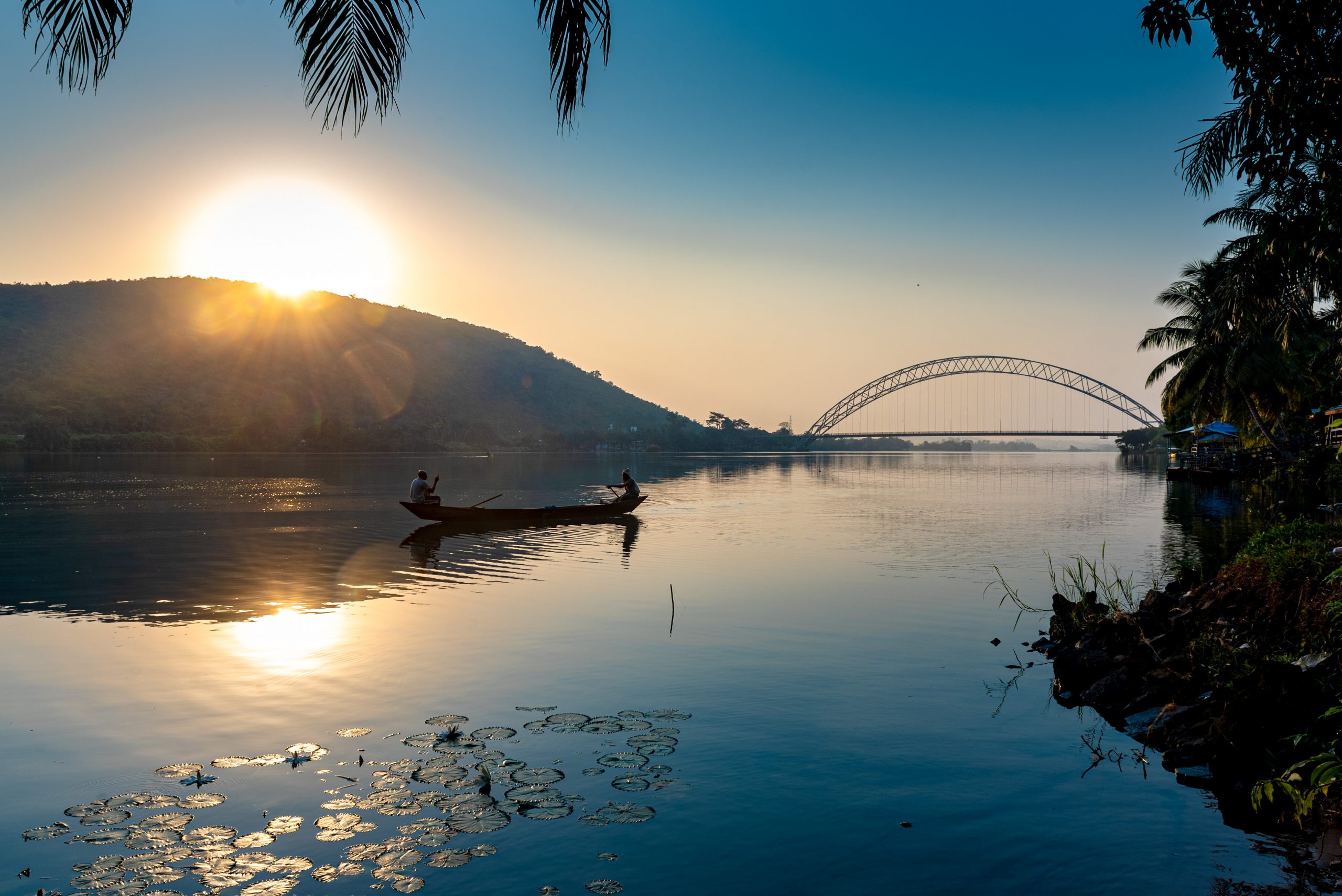
The State of the Marine Environment Report for the Western Region of Ghana
Showcasing Ghana’s rich species diversity while highlighting the need for conservation within specific areas, this report creates a clear framework for continued action.
Areas of Transformation
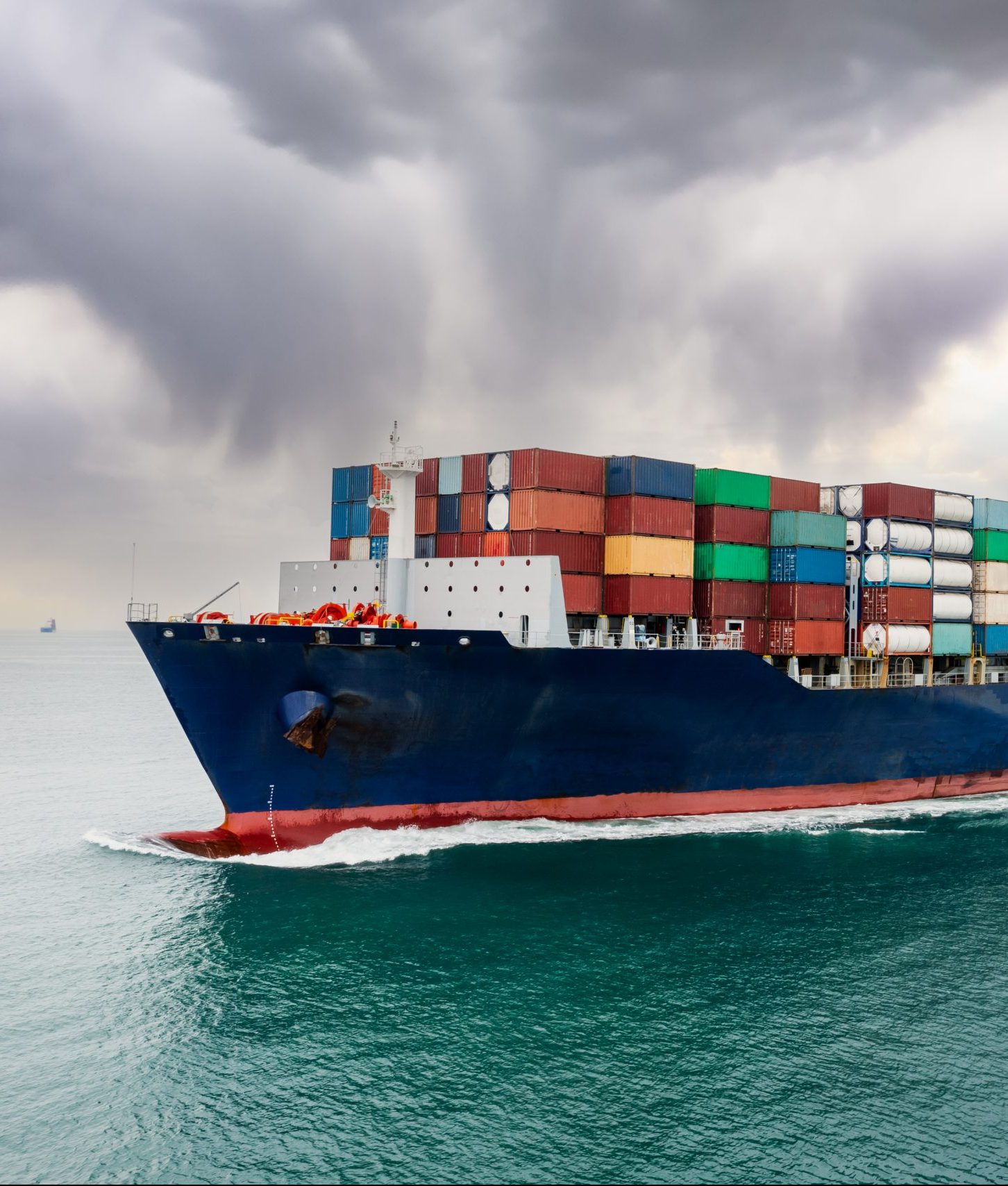
Green Corridors Network
A unique collaboration between Chile and the Mærsk Mc-Kinney Møller Center for Zero Carbon Shipping aims to identify where ‘green corridors’ could be located and establish frameworks for the use of zero or low-emission fuels.
Areas of Transformation
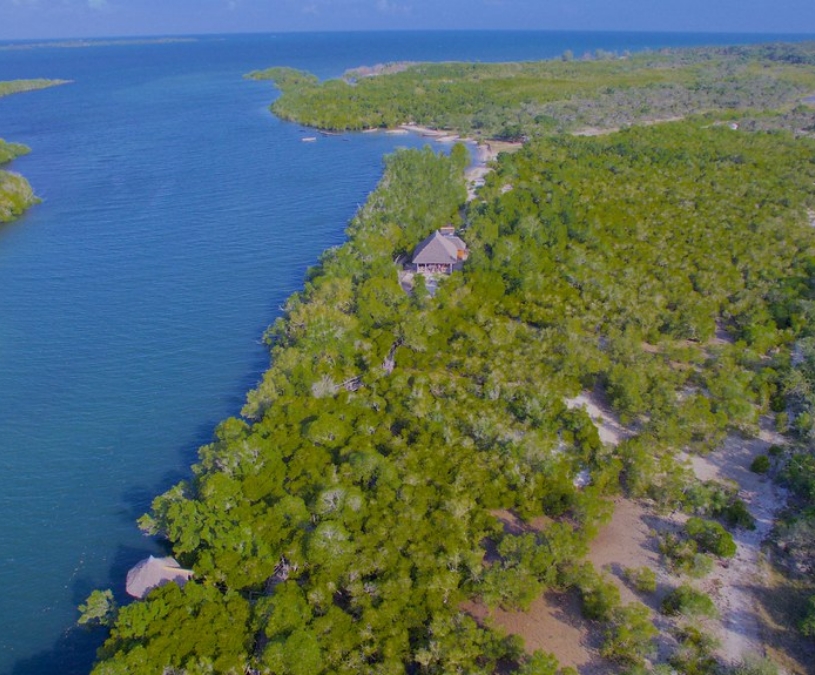
Mikoko Pamoja: Managing Mangroves in Kenya through Carbon Finance
Mikoko Pamoja is the world’s first community-led mangrove forest restoration and protection project supported through the sale of carbon credits, providing benefits to both the local community and country-wide.
Areas of Transformation
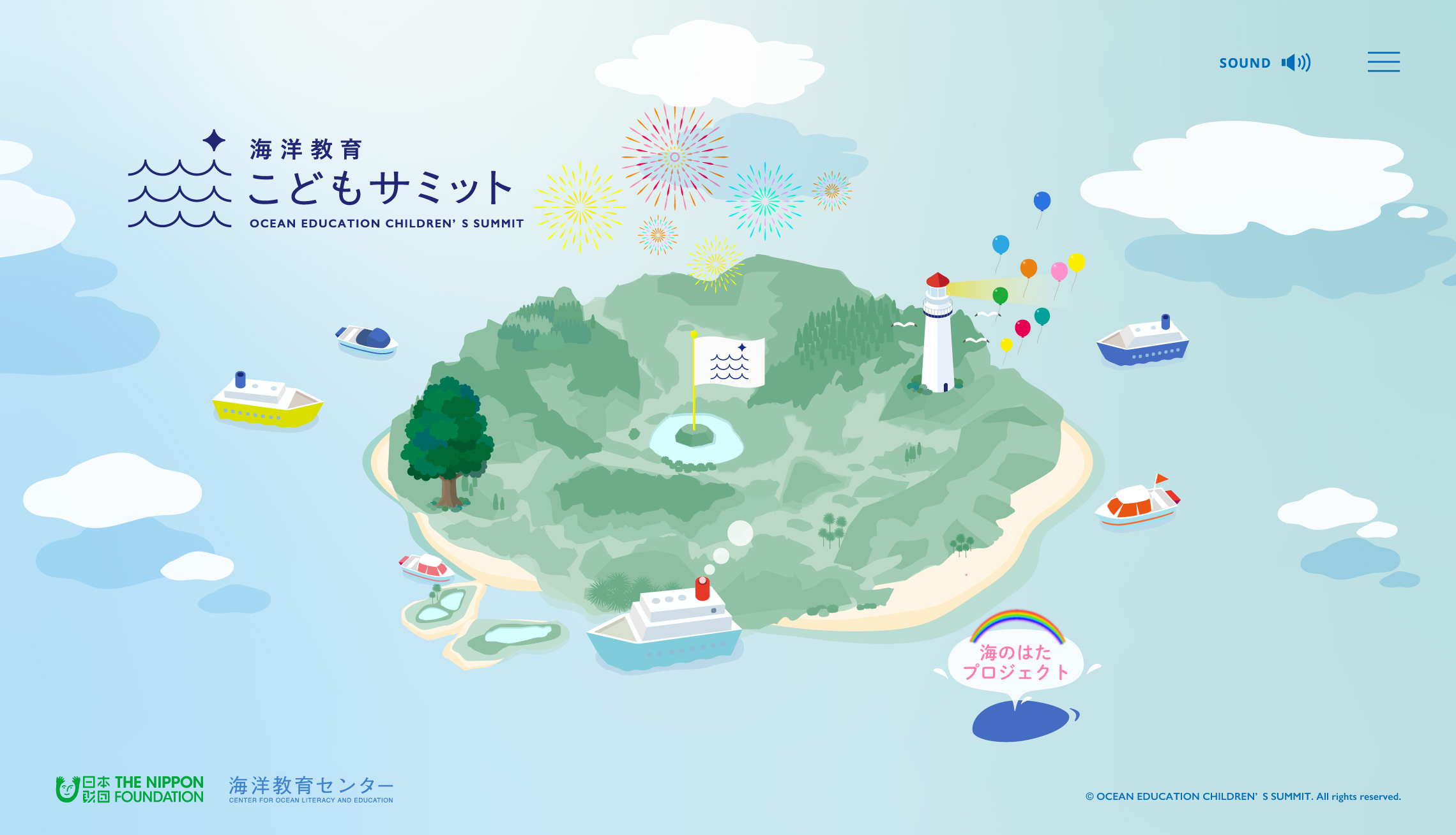
Establishment of the Center for Ocean Literacy and Education
Oceanographers and educational researchers have come together to develop the Center for Ocean Literacy and Education with the aim to increase ocean and marine education.
Areas of Transformation
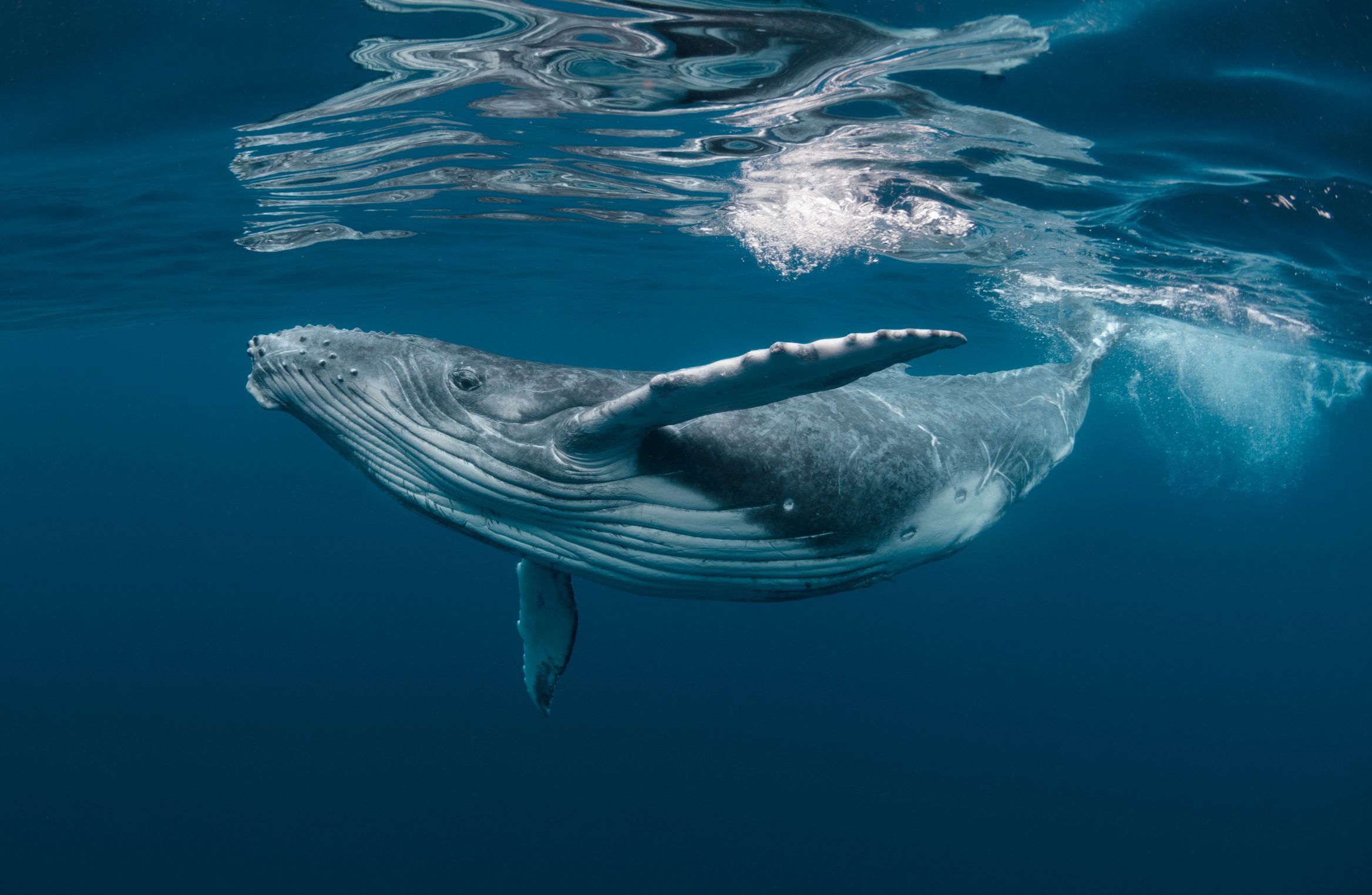
The Blue BOAT Initiative
The Blue BOAT initiative is developing an early warning system for vessels that aims to protect whales in maritime traffic routes, while collecting
important ocean data.
Areas of Transformation
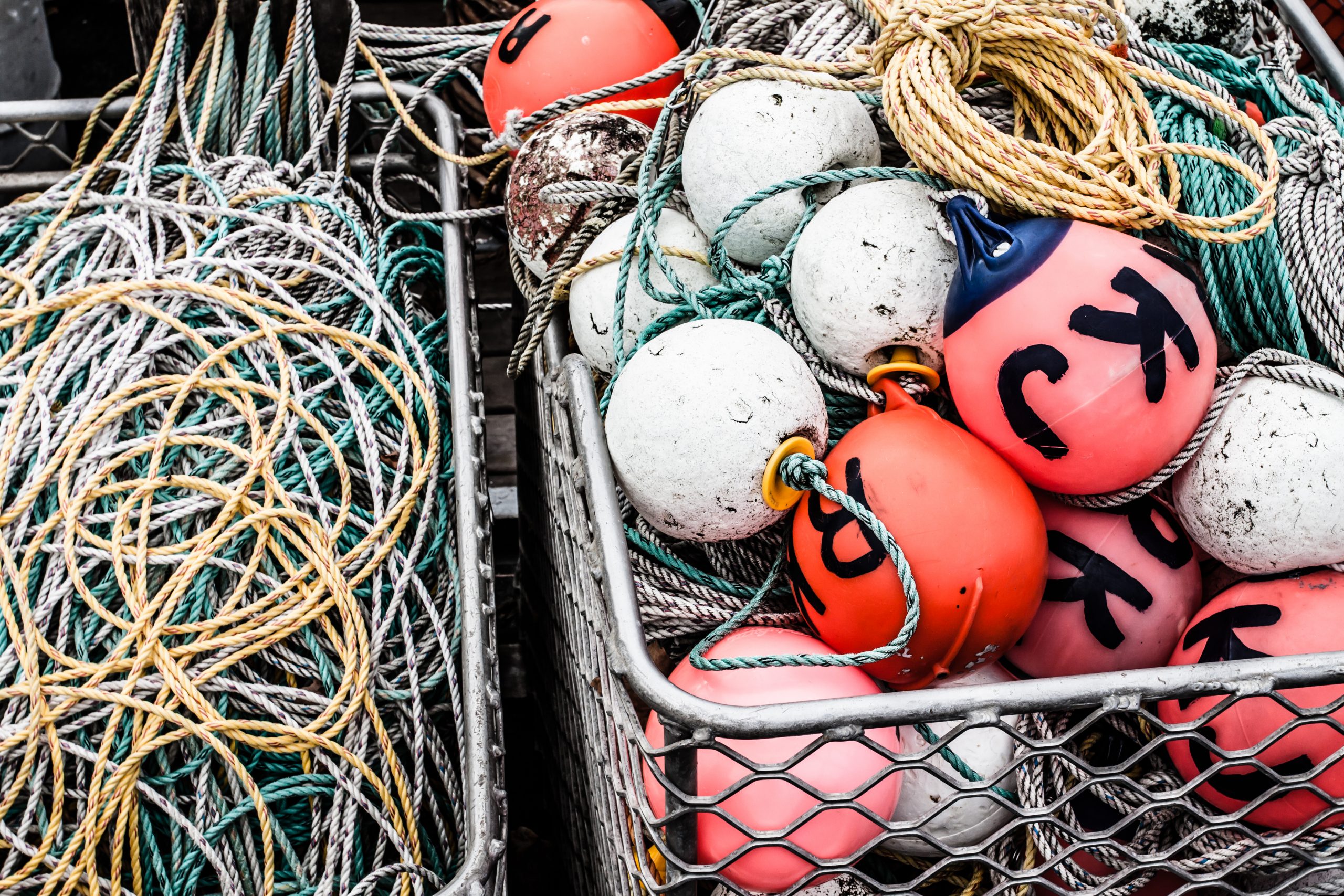
Ghost Nets Initiative
A unique partnership between Indigenous rangers and the Australian government is tackling the issue of ghost nets and plastic litter in the waters and beaches of northern Australia.
Areas of Transformation
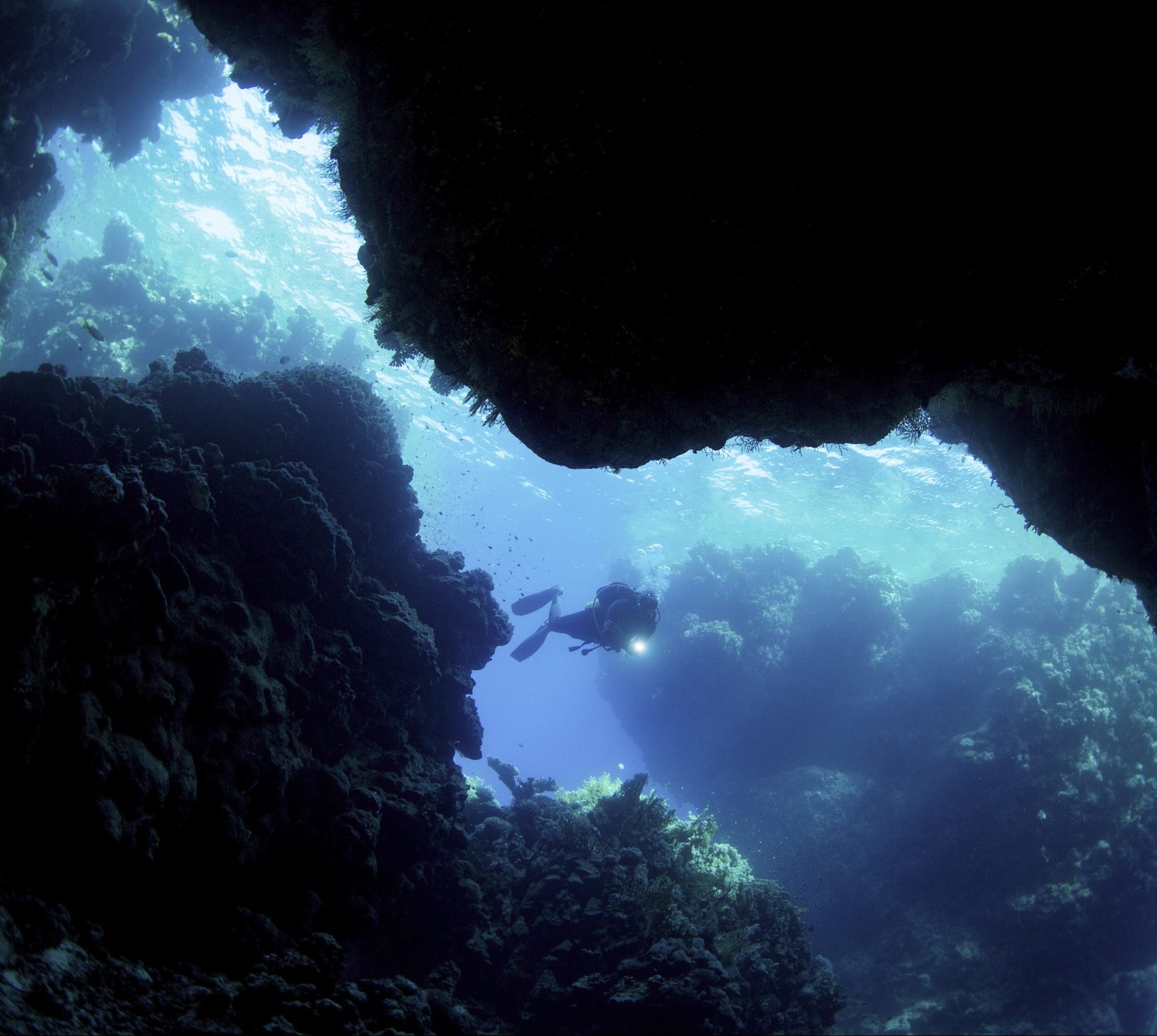
Developing an Ocean Knowledge Platform
Mexico’s one-of-a-kind ocean knowledge platform presents a new way of strengthening decision-making by increasing the availability of ocean knowledge and enabling links and exchanges across sectors.
Areas of Transformation
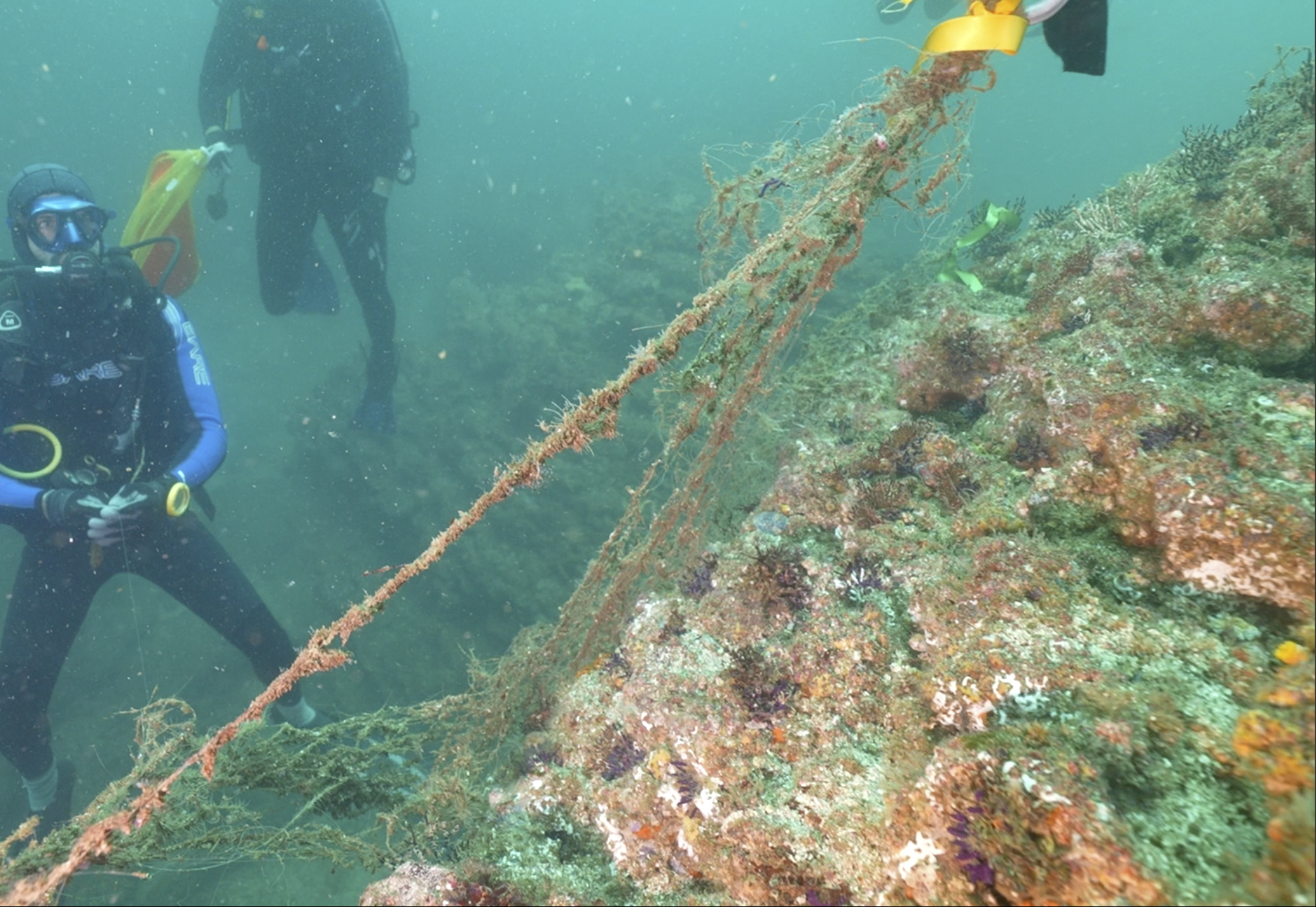
Abandoned, Lost and Discarded Fishing Gear
Acting as a guiding document for combatting marine pollution, the National Strategy for the Comprehensive Management of Ghost Gear, aims to improve the cleaning of the seabed and promote education and awareness.
Areas of Transformation
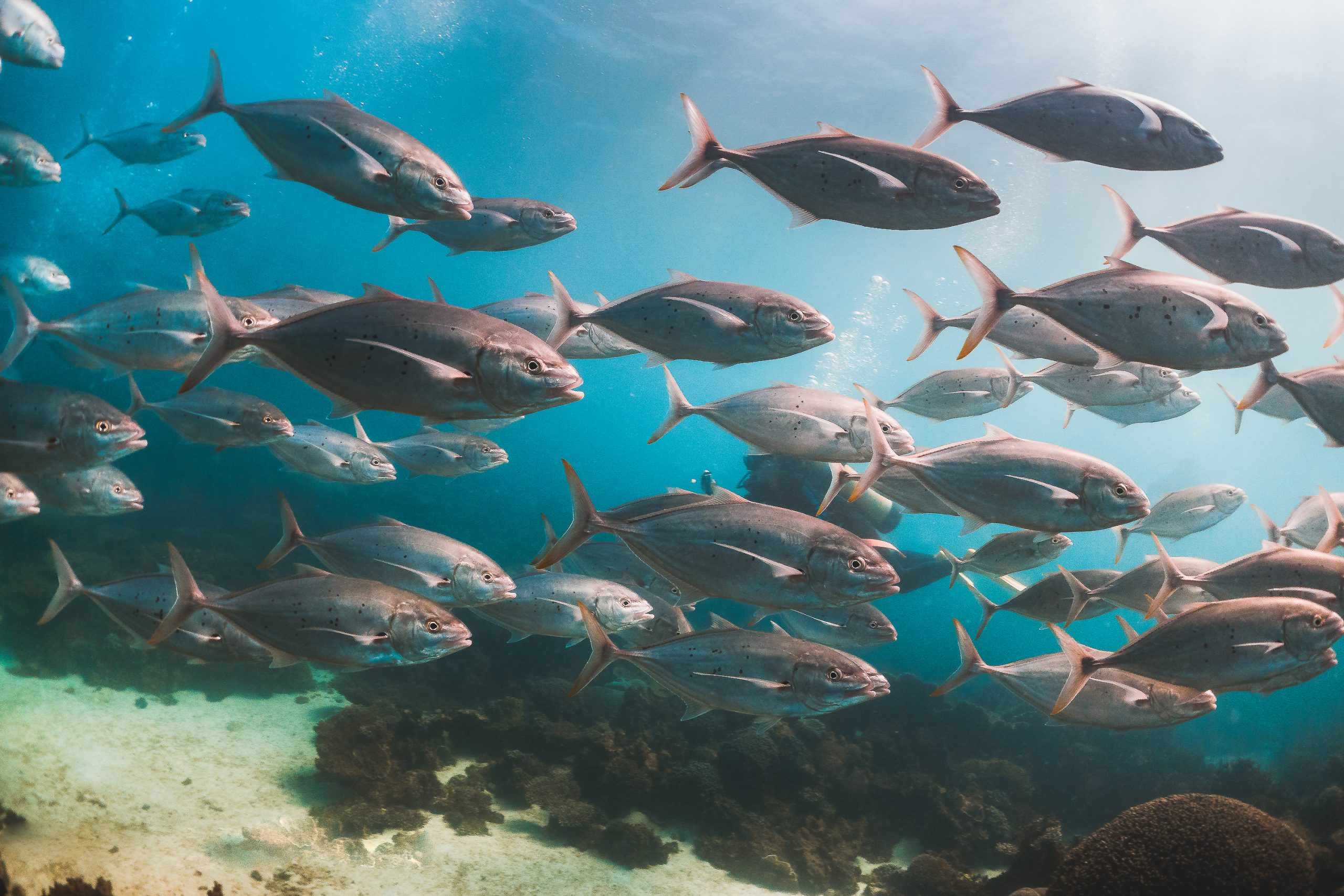
Combatting Illegal, Unreported and Unregulated Fishing through Innovative Technologies and Partnerships
Investments in the development of an intelligence sharing network have created an important toolset for tracking and analysing IUU fishing.
Areas of Transformation
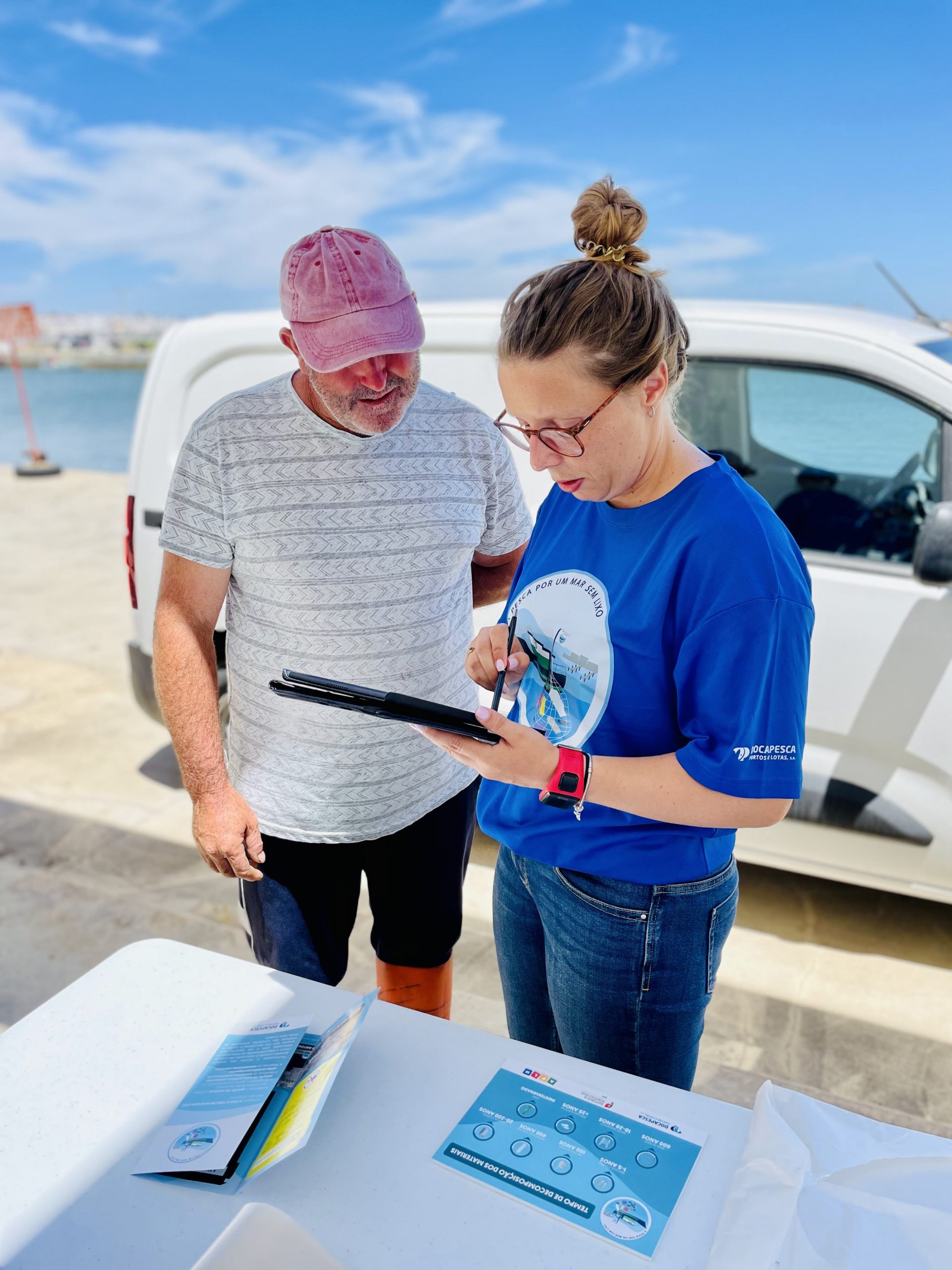
Fisheries for a Sea without Litter
Encouraging the collection and separation of marine litter during fishing activities in Portugal has resulted in the collection of nearly 7,000 m3 of waste.
Areas of Transformation
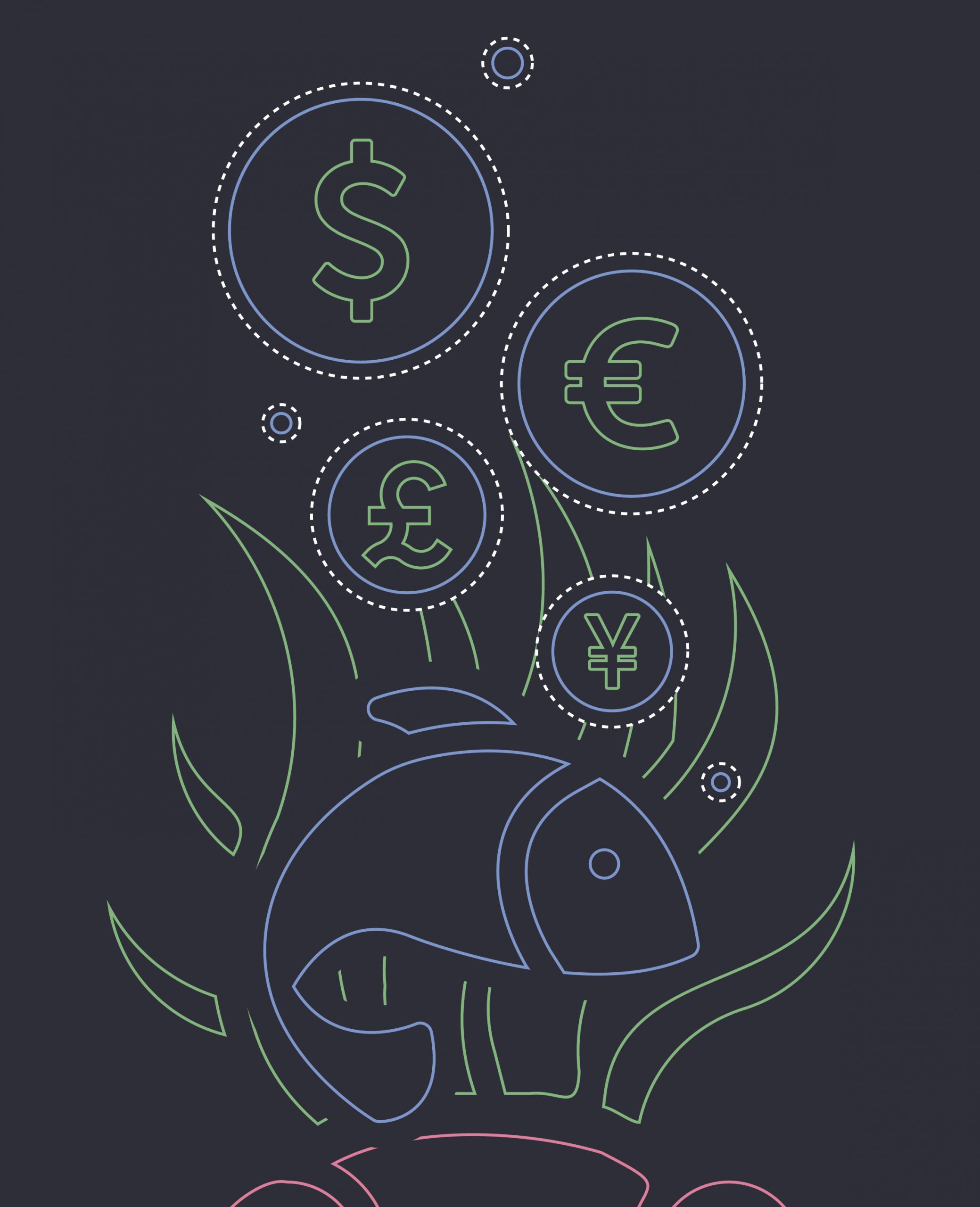
The Development of Blue Sukuk and Blended Blue Finance
Sustainable ocean finance through Blue Sukuk bonds and a blended blue financing model enables the funding of projects that deliver environmental and social benefits focusing on the ocean.
Areas of Transformation
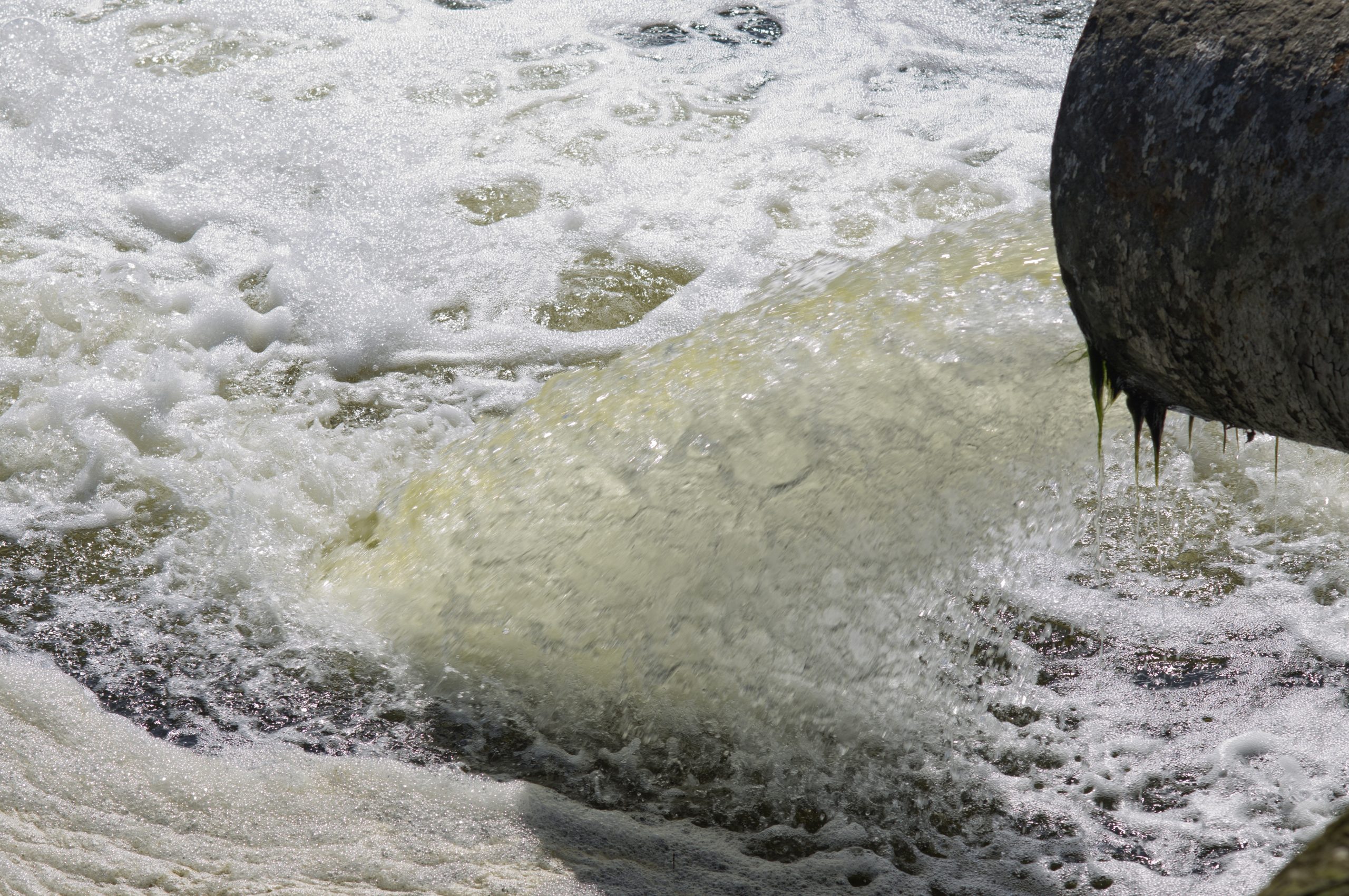
A Circular Economy Model for Waste Management
Kenya’s federal waste management interventions aim to establish a circular economy model for solid waste management. This creates thousands of job opportunities and increases the number of participants and resources committed to waste management.
Areas of Transformation
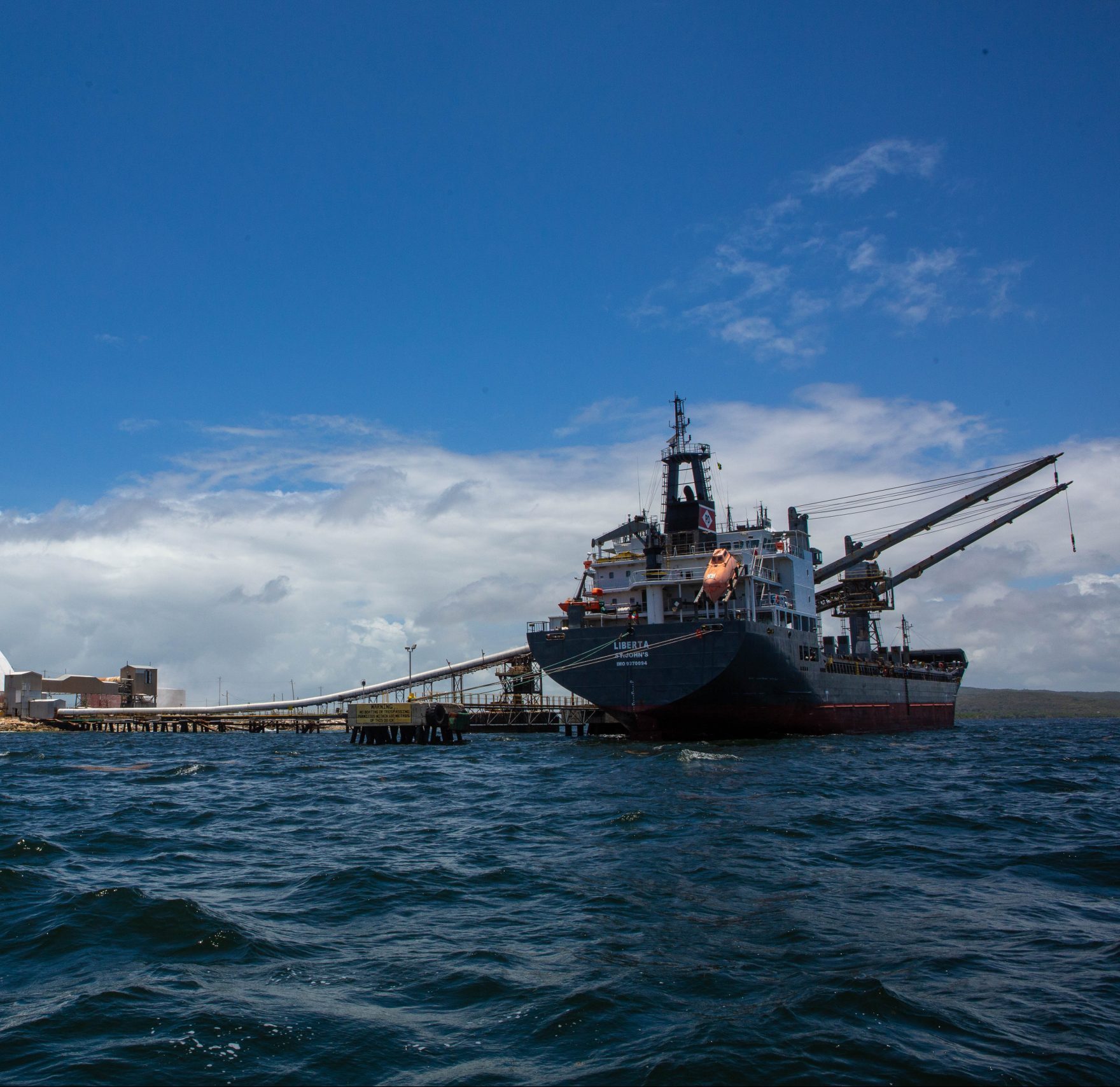
Reduce Ocean Pollution
Ships visiting Jamaica’s waters discharge their ballast water and risk introducing foreign aquatic species and
diseases. The Ballast Water Management Act aims to minimise this impact from over 2400 ships visiting each year.
Areas of Transformation

Enforcement of the Plastic Resource Circulation Act
The Plastic Resource Circulation Act aims to tackle a wide range of issues throughout the life cycle of plastics providing clear guidelines for businesses, local governments and consumers.
Areas of Transformation
Designation and Expansion of Papahānaumokuākea Marine National Monument
Acting as the home for the highest level of marine endemism known on Earth, the protection and management of Papahãnaumokuãkea Marine National Monument is essential for ocean conservation globally.
Areas of Transformation
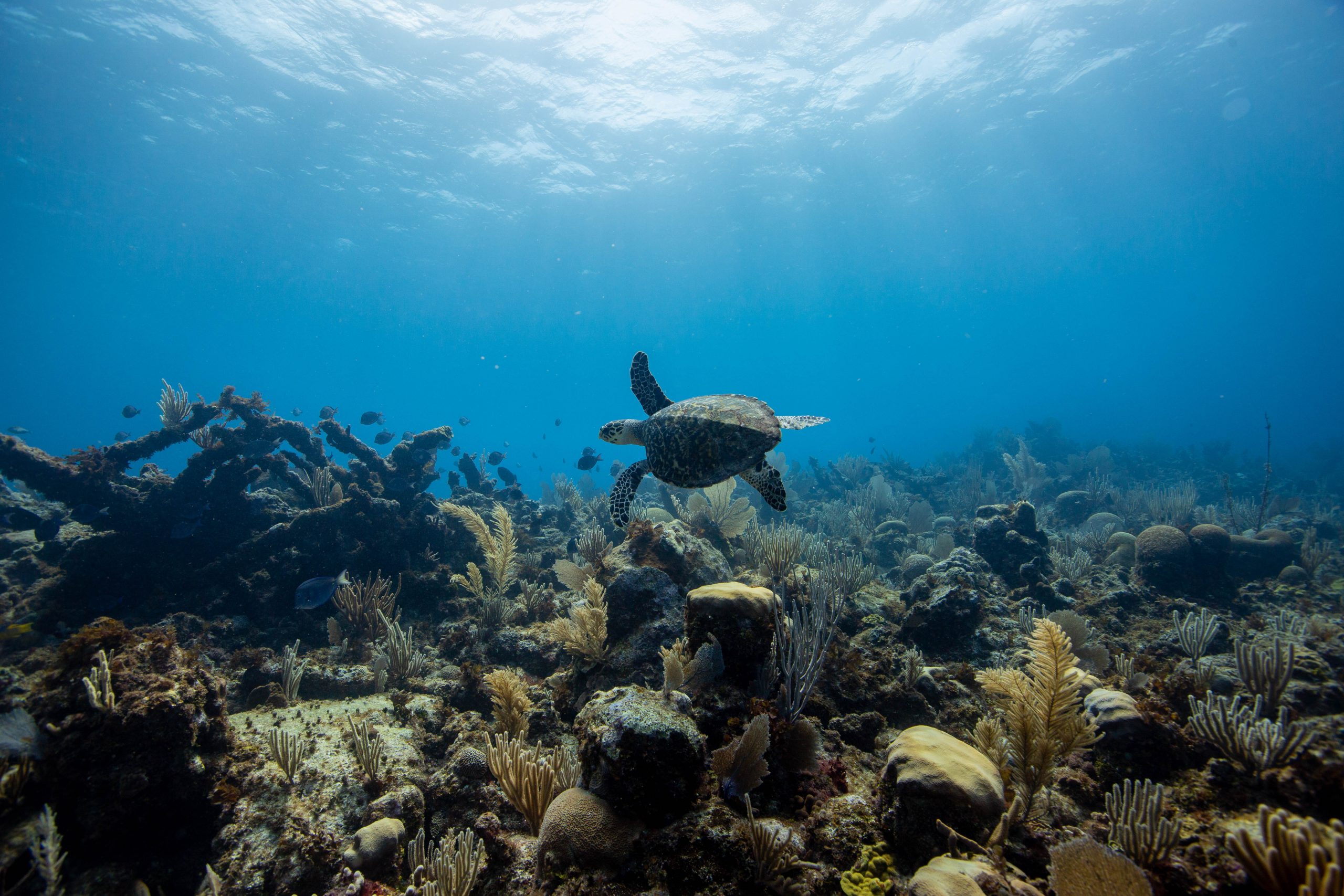
Ocean Policy and Legislation
The Overarching Protected Areas Policy provides the framework for the regulation of over 300 legally declared protected areas in Jamaica, conserving the country’s important biological resources.
Areas of Transformation
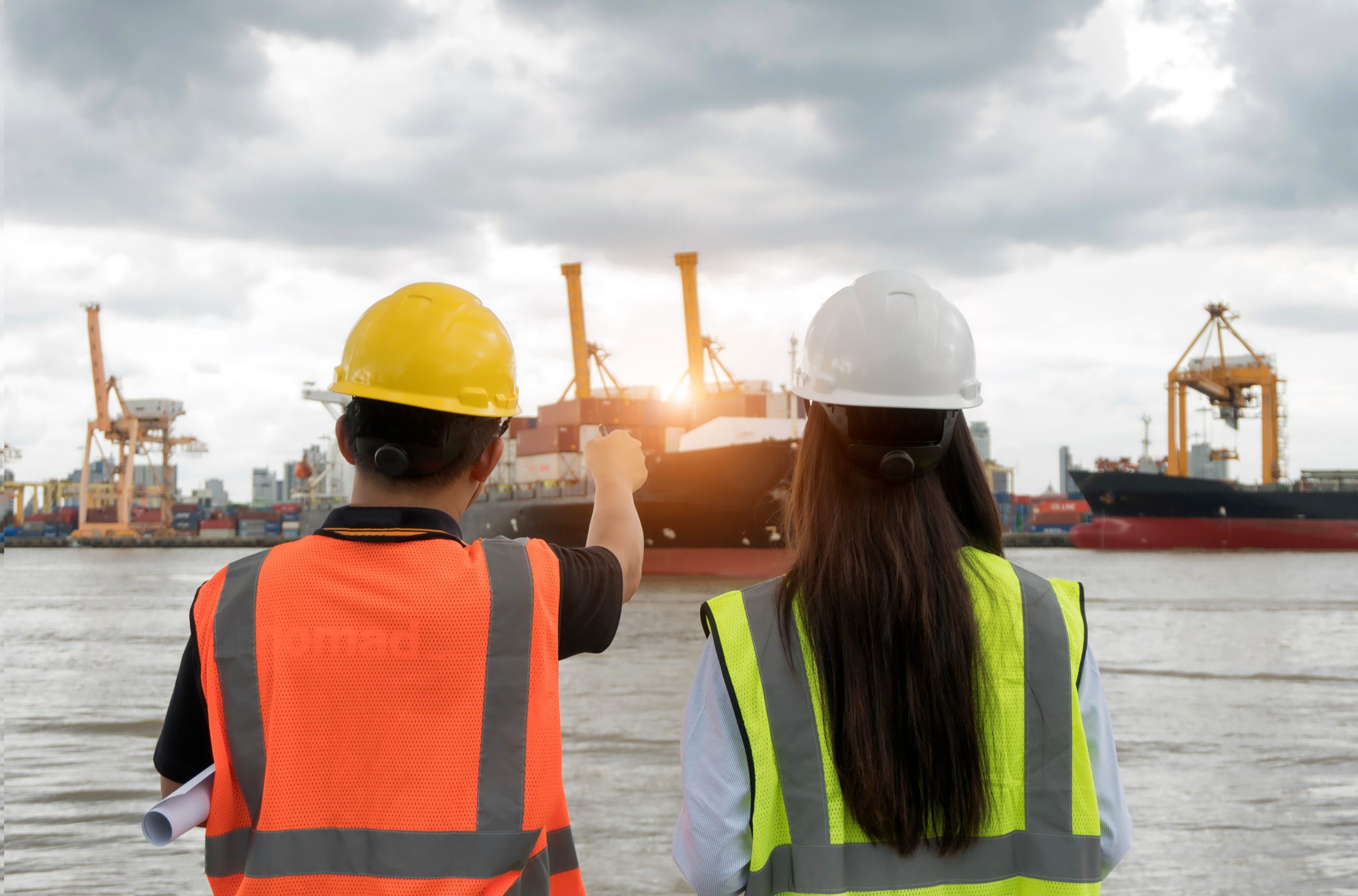
All-Atlantic Ocean Research and Innovation Alliance
A multi-national alliance framework tackles pole-to-pole research efforts in the Atlantic, creating cooperative agreements between different countries while promoting a cross-national sustainable management of ocean resources.

